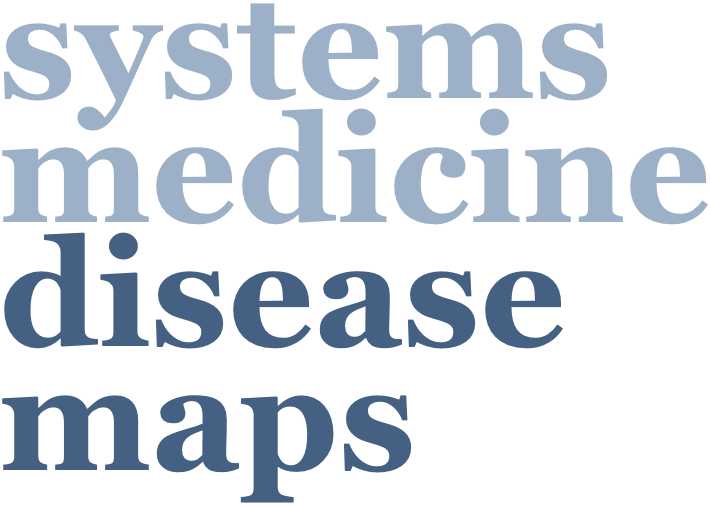
[back to the DMCM’24 Programme]
Title:
Molecular Adverse Outcome Pathways: towards the implementation of transcriptomic data in risk assessments
Authors:
Marvin Martens, Chris Evelo and Egon Willighagen
Abstract:
Adverse Outcome Pathways (AOPs) provide mechanistic insights into toxicological processes and offer a potential replacement for animal studies with in vitro testing systems, including transcriptomic data. Moreover, the majority of Key Events (KEs) in AOP-Wiki, the main database for AOPs, describe molecular and cellular processes, highlighting the potential to be measured by means of gene expression changes. In the current state of risk assessments, big data such as transcriptomics are not widely accepted due to their complexity and lack of consensus on standardization, analysis, and interpretation. With the introduction of molecular AOPs, we aimed to bridge the gap between AOPs and omics data, facilitating their implementation in risk assessments.
We developed molecular AOP models by matching KEs of the AOP-Wiki with curated biological pathways in WikiPathways, which were stored in the AOP Portal of the WikiPathways database. These models enable the analysis and interpretation of transcriptomics data to identify KE activation, based on the calculation of KE enrichment scores. This approach has been tested on a variety of AOPs on multiple organ systems as case studies.
These demonstrated the utility of this approach on liver steatosis, mitochondrial complex I inhibition, lung fibrosis, and other apical endpoints, where molecular AOPs were developed and transcriptomics datasets were selected from public sources. By mapping and analyzing the data, we were able to verify the activation of specific MIEs and KEs and assess progression across the AOP with increasing time or dose. The findings suggest that transcriptomics data can be used to identify the potential activation of KEs, but they have caveats and extensive datasets are required to fully test the capabilities of molecular AOPs. Furthermore, whereas the biological complexity is decreased with the development of AOPs and feedback processes are removed, this cannot be ignored when addressing molecular data. Despite these challenges, our results suggest that molecular AOPs have the potential to provide valuable insights into toxicological processes and improve the use of transcriptomics data in regulatory risk assessments.